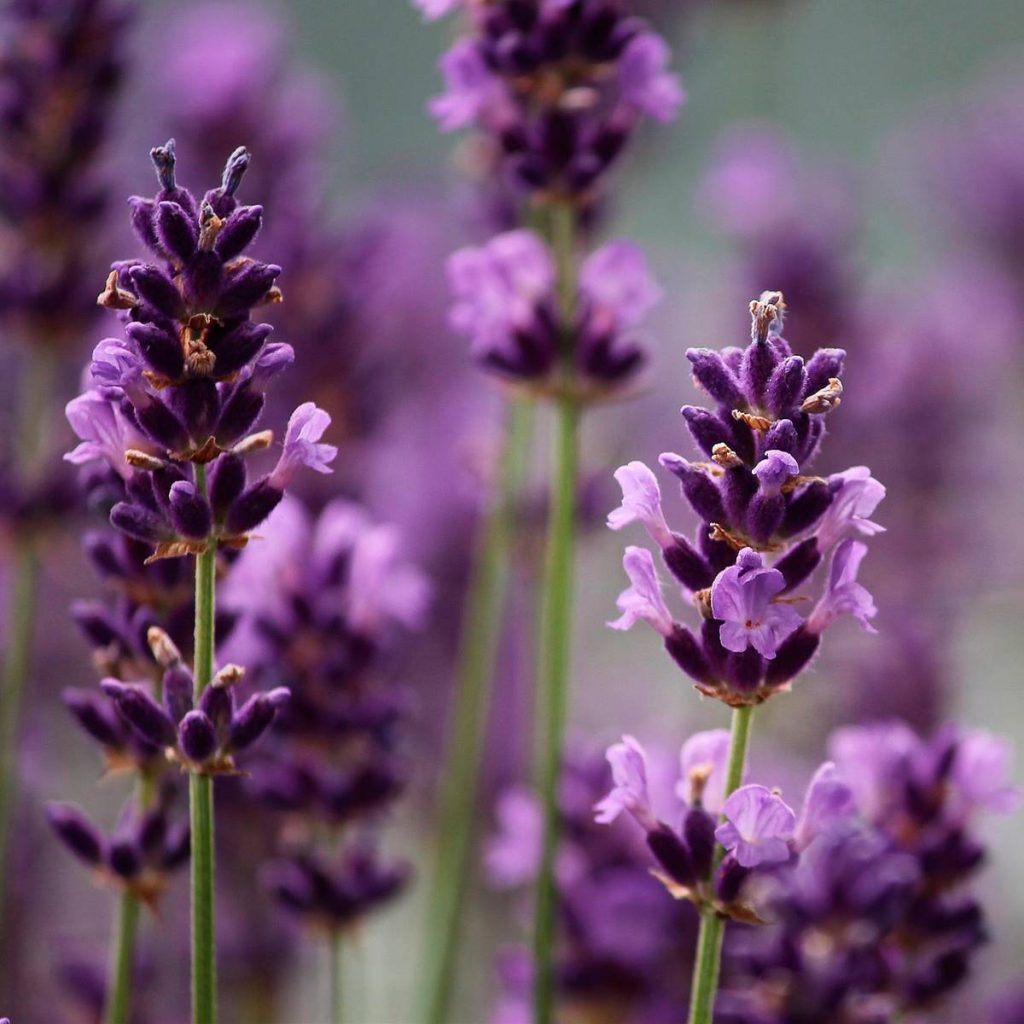They have natural active ingredients, are effective in different types of pain and have no side effects if taken properly.

One of the main indications of medicinal plants is to relieve pain. The plants that we propose have proven effective in treating different headaches.
In natural medicine it is about personalizing the treatment to the maximum. A plant does not produce the same effects in all people. That’s why we recommend that you try each plant and choose the one that is most effective and enjoyable.
Remember that drugs are not free of side effects, including those sold without a prescription. Painkillers have been linked to different problems:
- Ibuprofen increases the risk of heart attack.
- Paracetamol also increases the risk of heart and stomach bleeding.
- Aspirin is associated with gastrointestinal bleeding.
Of course, plants, although much milder, are also not free of side effects. If you are taking medication, ask your doctor if you can take them.
6 ANALGESIC PLANTS FOR MIGRAINE AND HEADACHE
PETASITES
Migraines that accompany the menstrual cycle can be treated with petasite (Petasites hybridus). A study published in the journal Neurology found that taking two 75 mg tablets of extract with meals reduced the frequency of headaches by 48%.
- Very important! Buy a preparation of petasites that is free of pyrrolizidine, an alkaloid that is naturally found in the plant, but is toxic to the liver.
MATRICARIA
With antispasmodic and anti-inflammatory properties, it is widely used to prevent migraines. It contains parthenolide, an active ingredient with analgesic action.
- You can take 500 mg daily of dry extract to reduce the frequency and intensity of migraines. It should not be combined with blood thinners or aspirin.
- You can mix it in equal parts with basil, marjoram and rosemary to prepare an infusion with a teaspoon of the mixture.
LAVENDER
It is effective in tension headache. Massage your temples, eye sockets, nape of the neck and behind your ears with your fingers moistened in two drops of essential oil.
- You can also prepare an infusion with dried lavender flowers (one tablespoon for 10 minutes in freshly boiled water). If you take it before going to sleep, it promotes good sleep and helps you wake up rested.
WHITE WILLOW
The extract of the bark of white willow (Salix alba) in decoction improves all kinds of pains, including headaches. Also, digestion. Its effectiveness is based on the content of salicin, natural precursor of acetylsalicylic acid, aspirin.
- The dose of extract should provide between 120 and 240 mg of salicin daily.
- To prepare the decoction, leave 3-5 g of bark in boiling water for 5 minutes, and then let stand another 10.
GINGER
The active substances in ginger (Zingiber officinale) can improve circulation in intracranial blood vessels, which can prevent one of the causes of migraine. It also serves to treat nausea and vomiting that sometimes accompany pain.
- 3 capsules of 250 mg of ginger powder per day are recommended, divided between the main meals.
CORIANDER
The plant and leaves, which are used like parsley, are known as coriander (Coriandrum sativum). Coriander, on the other hand, is the name of the spice prepared from the seeds, which has beneficial properties against headaches.
- Taking 15 ml, three times a day, of ethanolic extract of coriander seeds halves the duration, intensity and frequency of migraines, according to a study conducted at a university in Iran.
PLANT ALTERNATIVES TO ACETYLSALICYLIC ACID
Salicylic acid is a phenolic acid with three main actions: anti-inflammatory, analgesic (pain reliever) and antipyretic (lowers fever). It is used with remarkable success in different rheumatic conditions.
Salicylic acid is found naturally in various plants.
From its acetylsalicylic acid (aspirin) is made, to which an acetyl group has been added to make it more stable, because in its natural form once extracted it is very perishable.
In case of aspirin allergy, it is possible that salicylic acid does not generate a reaction, although before taking an alternative remedy it is key to have sensitivity tests.
The plants richest in salicylic acid are ulmaria (Fili pendula ulmaria) and willow (Salix alba), although it is also present, in smaller quantities, in other species.
Although it is often confused, it is key to know that horsetail (Equisetum arvense) does not contain salicylic acid but silicic acid, necessary to keep the supporting tissues (joints, bones, skin, nails, hair, teeth, etc.) in perfect condition.






